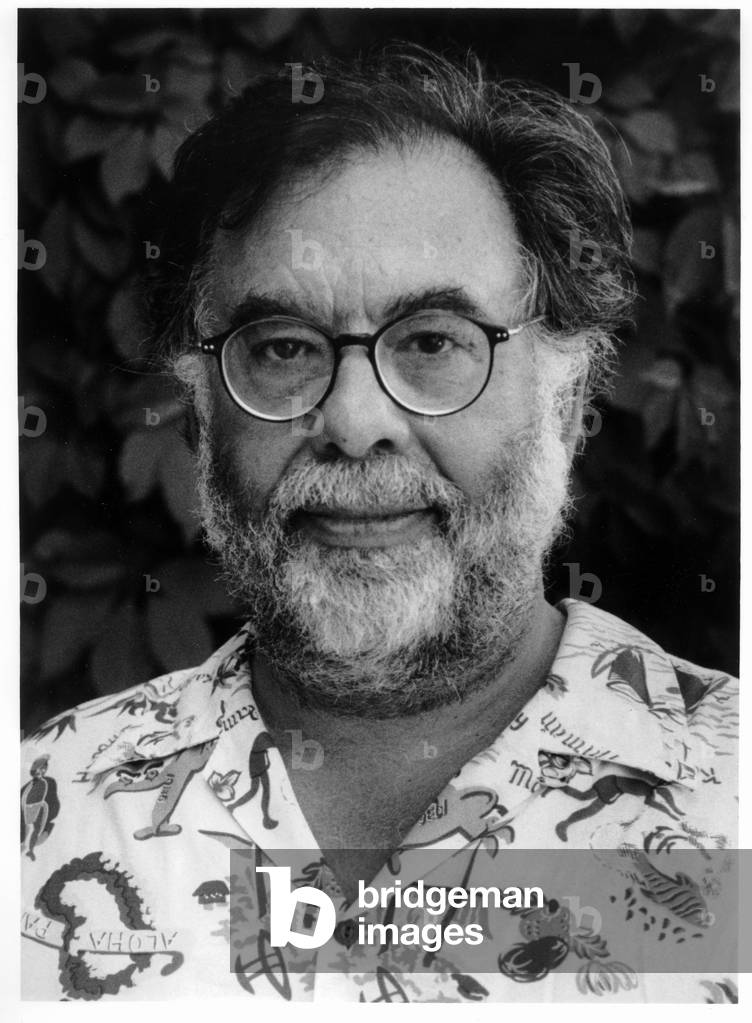
Introduction: A Cinematic Icon
Francis Ford Coppola, a name synonymous with cinematic excellence, has shaped the landscape of film through his visionary storytelling and groundbreaking techniques. His influence extends beyond the realm of filmmaking, as Coppola’s works have sparked critical discussions about artistry, power, and the American experience. With classics like ‘The Godfather’ and ‘Apocalypse Now,’ Coppola’s films continue to resonate with audiences and inspire generations of filmmakers.
Highlights of Coppola’s Career
Coppola, born on April 7, 1939, in Detroit, Michigan, began his career in the film industry in the late 1960s. His breakout film, ‘The Rain People’ (1969), showcased his unique style, but it was ‘The Godfather’ (1972) that solidified his status as a master director. Adapted from Mario Puzo’s novel, the film won three Academy Awards, including Best Picture, and is regarded as one of the greatest films of all time.
Following the success of ‘The Godfather,’ Coppola returned to the story of the Corleone family with ‘The Godfather Part II’ (1974). This sequel not only continued the narrative but also expanded it, offering deeper insight into the characters and themes of power and legacy. It was the first sequel to win the Academy Award for Best Picture, solidifying Coppola’s creative ingenuity.
The Challenges and Triumphs
In the late 1970s and early 1980s, Coppola faced numerous challenges, including the tumultuous production of ‘Apocalypse Now’ (1979), a film that depicted the Vietnam War’s harrowing realities. The film’s production was fraught with difficulties, including a typhoon that destroyed sets and a troubled lead actor. Despite the challenges, ‘Apocalypse Now’ earned critical acclaim and remains a significant work in American cinema.
Recent Endeavors and Current Influence
In recent years, Coppola has shifted his focus towards producing higher-end wines through Francis Ford Coppola Winery, as well as developing new film projects, including ‘Megalopolis,’ which has been in the works for decades. His ongoing contributions to cinema not only demonstrate his commitment to the art but also reflect his adaptability in an ever-changing industry.
Conclusion: The Enduring Impact of a Master Filmmaker
Francis Ford Coppola’s work transcends the medium of film, offering insights into human nature, the complexities of power, and the art of storytelling. As his legacy continues to influence filmmakers and cinephiles alike, Coppola reminds us of the power of cinema to explore profound themes and evoke deep emotions. As he forges ahead with new ventures, audiences look forward to what this legendary filmmaker will create next.



